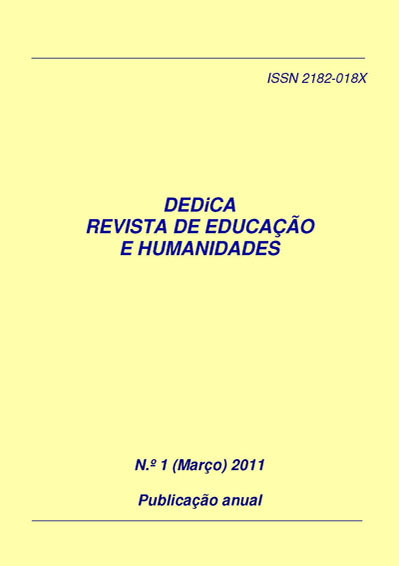How to improve cultural identity and equality: experiences from intercultural dialogues in a school for all
DOI:
https://doi.org/10.30827/dreh.v0i1.7163Palabras clave:
intercultural, self-efficacy, equality, diversity, identityResumen
This article presents results of a research project concerning intercultural education in Norway. The increasing diversity of students in inclusive schools in Norway calls for increased cultural competence on behalf of educators to teach them effectively. To teach and learn from an intercultural perspective is to build understanding for diversity and equality. Focusing on intercultural education is to switch from a homogeneous perspective to a diverse perspective in the process of learning which acknowledges and develops individual variation. When teachers focus on diversity they will encourage abandoning the idea of the model student. If students are not pressurised to fit into homogeneity, some stress is going to be removed from the student and in this way it will be easier to recognize individual merit in an individual way. That means that teachers and students should learn to negotiate norms and values that we share as a group and which will let us set up and reach our goals. This will create room to work on a positive self-image, improving each student’s abilities and capabilities and let them benefit from their classmates, and avoiding the traditional pictures of success and failure. In the intercultural classroom the teacher's task is to guide and facilitate students' learning towards cultural differences and self-efficacy. The methodology design of this research project involved dialogues between the researcher, teachers and pupils with the purpose of discovering what they were thinking in relation to self-esteem and empathy, and how they put emphasis on these aspects in the classroom. The procedure adopted was based on dialogues by means of the group interview method, with open questions. Ten teachers and twenty students in one school participated in the workshops, one for the teachers and one for the students. The result of this research is that the action learning approach helped the teachers and students to get a better understanding of different cultural customs and beliefs of each student in their class.
Descargas
Citas
Bandura, A. (1994). Self-efficacy. In V. S. Ramachaudran (Ed.), Encyclopedia of human behaviour. Vol. 4, 71-81. New York: Academic Press.
Bandura, A. (1999). Self-efficacy in Changing Societies. Cambridge: University Press.
Buli-Holmberg, J.; Schiering, M.; Bogner, D. (2008). Awareness of thinking and feelings as a natural process for every learner: Implications for guidance. Revista española de orientación y psicopedagogía, 19, 2 (2008) 123-137.
Goleman, D. (1995): Emotional Intelligence: Why It Can Matter More Than IQ. New York – USA: Bantam Books.
Saarni, C. (1999). The development of Emotional Competence. New York: The Guildford Press.
Wenger, E. (1998). Communities of Practice. Learning, Meaning and Identity. Cambridge: Cambridge University Press.












